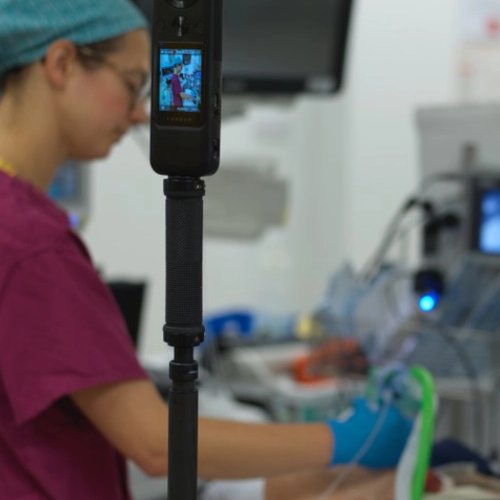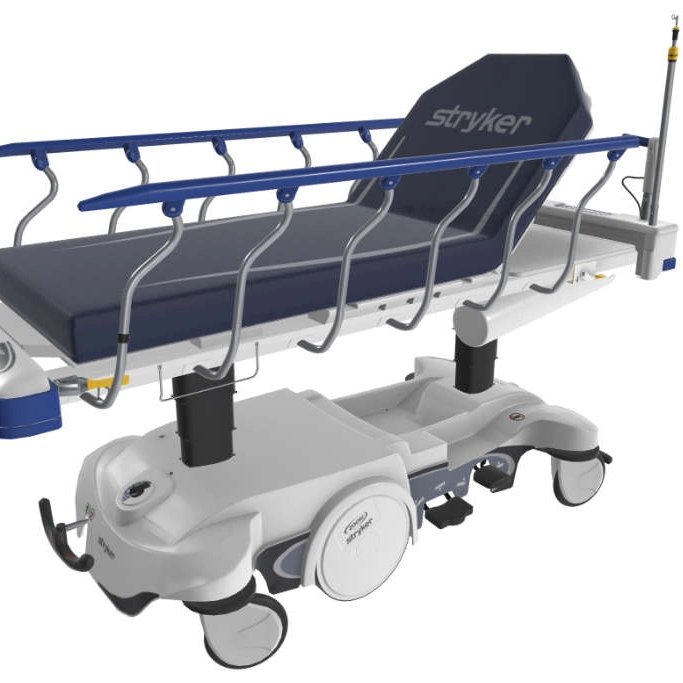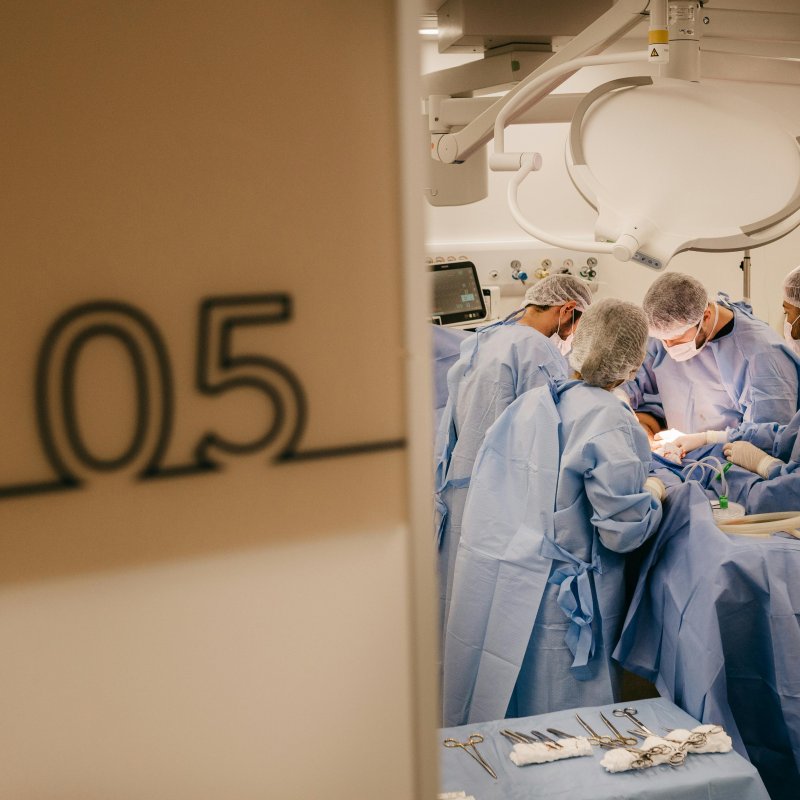Contact Us
+44 20 32897141 / 1 Pickle Mews, London, SW9 0FJ
Assisting the Growing Orthopaedic Surgery Demand with VR Training
Published
Aug 22, 2024
Tags
The population of England and Wales has continued to age, with the 2021 Census results confirming there are more people than ever before in older age groups.
Over 11 million people, 18.6% of the total population, were aged 65 years or older. In spite of the fact our older generations are living longer, there is a frailty that comes with age. Particularly when we consider the density of bones that deteriorates as we age, making the older generation more susceptible to fractures. Further to this, osteoporosis and other forms of arthritis, are more common amongst older generations, leading to an increased likelihood of needing a partial or total hip replacement. Of the 81, 130 hip replacements that took place in 2018-2019, the majority of patients were 50 years old or older (93.8%).
Growing Pressure for Orthopaedic Surgery
This societal shift has led to a parallel between an ageing population and the rising demand for orthopaedic surgery. GlobalData reported that the total number of orthopaedic surgical procedures performed in the UK in 2022 was 1,934,898. This significant figure is made even more striking when you consider it was coupled with a record number of people on the trauma and orthopaedic waiting lists in England, with 730,000 noted in March 2022.
The pressure facing orthopaedic departments in NHS hospitals is further intensified by the fact it’s combined with a shortage of orthopaedic surgical teams, particularly in less dense and rural communities. This shortage of specialist orthopaedic surgeons has stemmed from a number of reasons including:
- A considerable number of senior surgeons have been reducing their hours
- Many senior surgeons have been accepting early retirement to protect their pensions
- Orthopaedics has occupied a small proportion of the medical school curriculum
- Opportunities for practical surgical exposure in theatre and clinics have been significantly reduced
Expanding Orthopaedic Training Opportunities
To combat this stemming problem, it is crucial to expand the learning opportunities available for students and junior doctors to both spark an interest in this field and build expertise in orthopaedics. The increased need for training is clear, but providing these opportunities is not always as simple. The pressing constraints on the NHS from the lack of senior surgeons available to conduct training to the limited timing of those working in the specialism means providing dedicated training where trainees can interact and engage is scarce. However, virtual reality (VR) is uniquely placed to provide ample training opportunities to assist with the growing demand for orthopaedic surgical skills.
The remote format in which VR training can be delivered enables training to take place anytime, anywhere. Rather than students having to rely on scarce in-person surgical training, one surgical procedure would be filmed by leading specialists and adapted to an interactive 360-degree VR format. This immersive film would then be accessible by healthcare students, junior doctors and allied health professionals to watch limitless times, from anywhere in the country. This alternative approach to training provides both flexibility for the user and scalability for those NHS Trusts looking to deliver orthopaedic training Trust-wide.
Whilst the sessions may not take place in-person, virtual reality provides immersive and realistic simulation environments that replicate and often utilise real-life filming to give trainees the feeling of being right there in the operating theatre. Whether users are looking to broaden their knowledge and skillset for a complex knee replacement or an intricate ACL reconstruction, VR gives them the opportunity for hands-on training through an interactive and engaging delivery that is proven to build procedural competencies.
Increasing Procedural Confidence with Virtual Reality
Aside from the practical skills and muscle memory built and honed in a VR experience, students have also been shown to have enhanced confidence when they approach an orthopaedic procedure for the first time.
A study published in Cureus and conducted by multiple UK universities investigating the ‘Use of Virtual Reality in the Education of Orthopaedic Procedures’ (specifically surgical skills for a TFN-ADVANCED™ Proximal Femoral Nailing System), found those that used the VR simulator before performing a real-life surgery presented higher levels of confidence and lower anxiety levels.
The lifelike simulations of orthopaedic procedures in VR support users in building a stronger cognitive understanding of the scenario they will be presented with during a live procedure and feel greater prepared to operate at high-performance levels.
Building Immersive Training for Orthopaedic Surgery
The ExR solution looks to expand access to immersive and educational surgical VR training. Our unique platform hosts an array of medical training scenarios that have been produced in collaboration with leading experts in their field and are offered free to all NHS users.
Our ethos of co-creation leverages our expertise in building deeply immersive medical training alongside the specialism of the doctors featured in our films. For example, we collaborated with The Robert Jones and Agnes Hunt Orthopaedic Hospital to capture a full surgery of a knee replacement to treat severe osteoarthritis. We converted this into a VR training experience to train their students on the complexities of this procedure.
“The learners who have so far seen the content have all said they have found it useful as a learning tool and feel better prepared to enter theatres for real.” – Alice Amyes, Simulation Technician.
If you are looking to expand your orthopaedic training curriculum, speak to our team to discuss how we can empower your team with engaging, educational, and scalable training.
Most recent posts
Like what you read?
Please get in touch with us.



